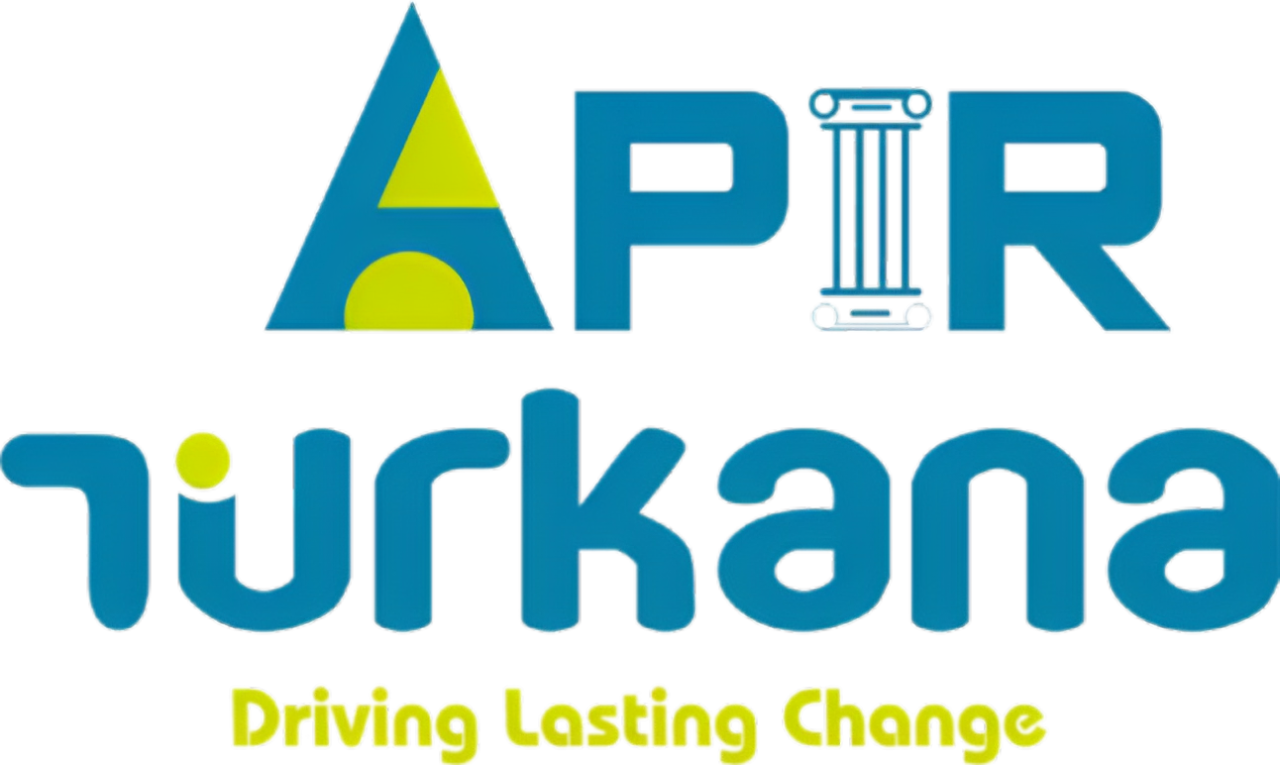Leading the Way, in Local Governance
This story is part of our collaboration with VNG International, whose Sustainable Development through Local Governance Programme [SDLG] supports local governments in Uganda, Kenya, and Iraq. To help VNG better understand the programme’s impact at the ground level, Samuel Hall conducted storytelling workshops with local government representatives, refugee organisations and Civil society organisations. in the three countries. Through these workshops, participants crafted their own stories of change, sharing firsthand experiences of how the programme has shaped their communities..
I believe that CSOs also play a vital role in local governance. Many already monitor public projects and encourage community involvement. By developing community-based structures like social accountability volunteers and collaborating closely with local administrations, CSOs can promote transparency and drive meaningful change.
Caroline Imana
In September 2024, I began as a MEAL Officer with APIR — Agile Plan in Integrated Resilience for Women, Girls, and Youth. APIR’s mission of community-driven change in Turkana resonated with my values, especially their commitment to empowering marginalised groups through transparency and collaboration with local leaders. A job advert led me to their website, where the inclusivity of their projects instantly drew me in.
After an interview, I was thrilled to get the job. As the MEAL Officer, I handle the monitoring and evaluation of APIR’s programmes, ensuring each project meets its objectives and capturing valuable lessons to share with our community and stakeholders. I’m responsible for creating channels for community feedback, which is vital for transparency and accountability, especially in a region like Turkana where trust in local government processes is fragile.
Based in Kakuma and Lodwar, APIR focuses on empowering girls, women, and youth in Turkana, with a strong emphasis on poverty reduction, advocacy, and building socio-economic resilience. We also work with communities and local leaders to promote good governance.
Turkana County, one of the marginalised communities in Kenya, faces significant challenges. There is low trust in local government processes due to a lack of transparency and accountability in resource management. As the second-largest county by land area, covering approximately 77,000 square kilometres, social amenities are sparsely distributed, making it difficult for residents to access essential services like healthcare, clean water, and quality education. With an illiteracy rate of around 65%, many community members are unaware of their rights and privileges as outlined in the 2010 Constitution of Kenya.
The political elites often exploit these high illiteracy levels, manipulating systems of good governance. With limited knowledge of social accountability and audit, the community rarely holds local leaders accountable for the deeply rooted corruption in the government.
We try to address these issues through our work by supporting community leadership and grassroots solutions. During one of our field visits to Lopur — a ward in Western Turkana, we challenged the community to stand up for their rights, never expecting them to take it seriously. The community began a lighthearted conversation on social media advocating for these issues, which soon turned into something more serious. The conversation gained momentum, and the community decided to take up the fight on their own.
The rowdy affair of the lack of critical medical equipment for cholera at the facility caught the attention of the Member of County Assembly (MCA). As if that wasn’t enough, the County Executive Committee Member (CECM) for Health and Sanitation conducted a spot check at the facility to clear his doubts. He was greeted by the harsh reality and asked himself, “Could I be sleeping on the job?” Weeks later, Kenya Medical Supplies Authority (KEMSA) procured the necessary equipment.
These changes in Lopur stemmed from APIR’s advocacy, supported by other NGOs in Turkana. Through outreach, social audits, and empowerment initiatives, APIR encouraged residents to speak up about healthcare issues. APIR’s collaboration with other organisations strengthened the community’s voice in governance, driving real change.
People who were once nicknamed to be from “the birthplace of cholera” are now taking the lead in promoting hygiene. The Lopur facility now has the capacity to accommodate the nearby centres in case of another cholera outbreak. Every community member takes responsibility for promoting hygiene and preventing outbreaks. The song in Lopur is now “kick cholera out of Lopur.” Indeed, once beaten, twice shy — a joke that has become the best experience to transform and save lives.
Globally envisioneer high-quality imperatives with distributed process improvements. Globally facilitate interactive customer service rather than corporate value. Energistically network cross-media action items via virtual methodologies.




John Sebeit
March 28, 2025 5:48 amI must say these are interesting stories, we wish that donors come in support of this as technology to some extend, has solved challenges of climate change